Just seven months after construction started on SEG Solar’s new PV cell manufacturing plant on the Indonesian island of Java, the company has announced the successful commissioning of the approximately $750 million (USD 480 million) factory’s first production line.
SEG said since breaking ground on the project in September last year, the plant has completed factory construction, production line commissioning, and the initial manufacture of high-efficiency solar cells.
The first product manufactured at the facility is a self-developed N-type solar cell that SEG said offers “excellent output power and stability” with an average conversion efficiency of 26.4%.
“The commissioning of the plant’s first production line signals the full-scale operational launch of the project’s first phase which is to include four production lines with a total capacity of 2 GW,” the company said, adding that the plant utilises double-sided alternating screen-printing equipment that achieves an average cycle time of 0.75 seconds per cell, “20% faster than traditional industry standards.”
The intent is for the factory to expand to an annual capacity of 5 GW with SEG aiming to develop a fully vertically integrated industrial chain in Indonesia covering silicon rods, wafers, solar cells, and modules.
SEG said the solar cell factory is one of the first PV projects to be completed in the state-owned industrial estate at Batang, about 390 kilometres east of Jakarta, and it will help attract other solar industries and enhance Indonesia’s position in the global renewable energy industry supply chain.
“Its successful commissioning offers a replicable model for attracting more PV manufacturers and enhances the park’s industrial cluster effect,” the company said.
SEG said the Indonesia cell plant is a vital component of its global expansion strategy with the completion of the facility marking the company’s move from module production into upstream solar cell manufacturing.
SEG has previously indicated the solar cells and solar panels produced in Indonesia will supply the company’s module factory in the U.S. and “provide cleaner, traceable green products to markets in the U.S., Europe, and Indonesia.”
This content is protected by copyright and may not be reused. If you want to cooperate with us and would like to reuse some of our content, please contact: editors@pv-magazine.com.
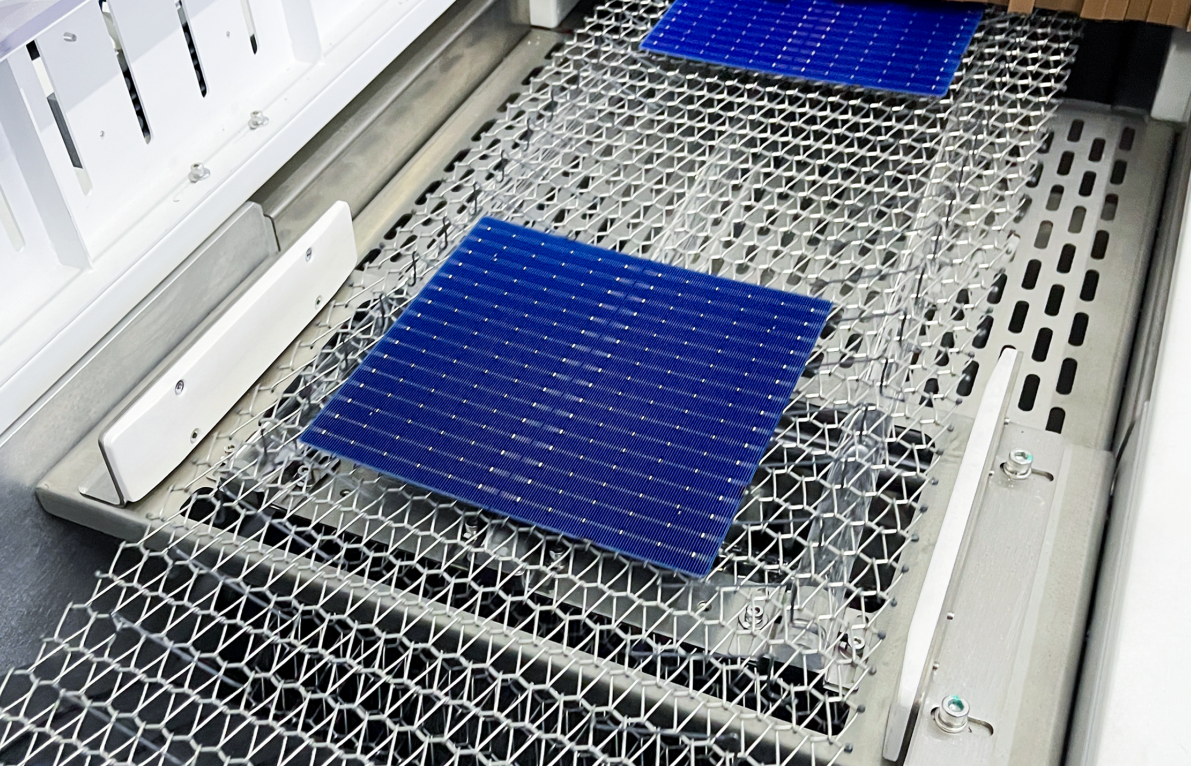
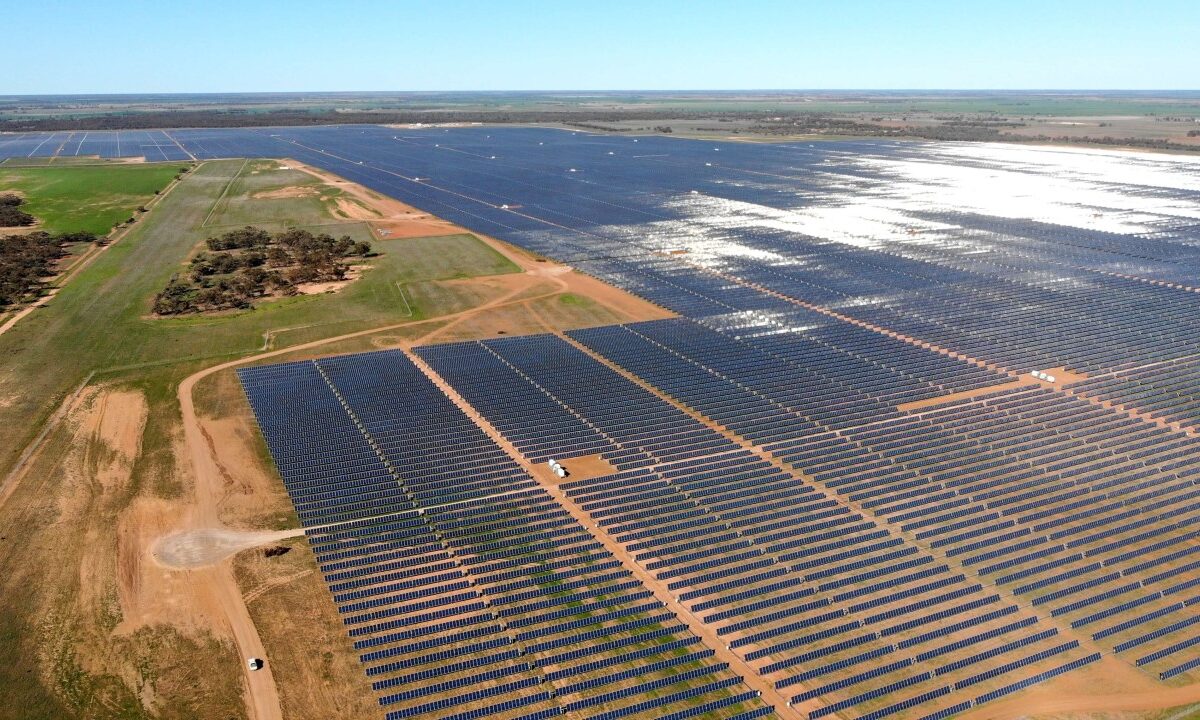


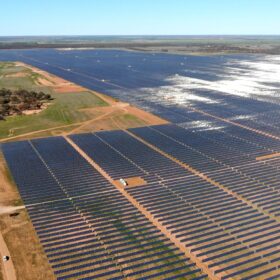
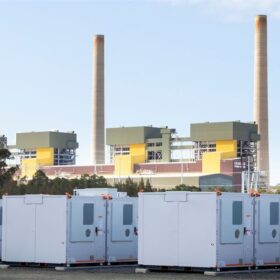
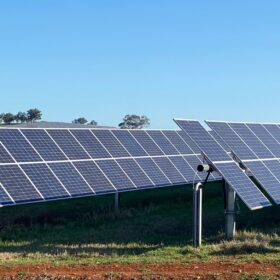
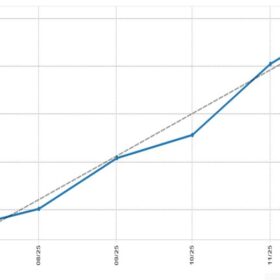
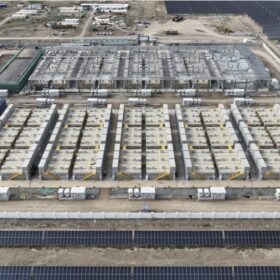
By submitting this form you agree to pv magazine using your data for the purposes of publishing your comment.
Your personal data will only be disclosed or otherwise transmitted to third parties for the purposes of spam filtering or if this is necessary for technical maintenance of the website. Any other transfer to third parties will not take place unless this is justified on the basis of applicable data protection regulations or if pv magazine is legally obliged to do so.
You may revoke this consent at any time with effect for the future, in which case your personal data will be deleted immediately. Otherwise, your data will be deleted if pv magazine has processed your request or the purpose of data storage is fulfilled.
Further information on data privacy can be found in our Data Protection Policy.